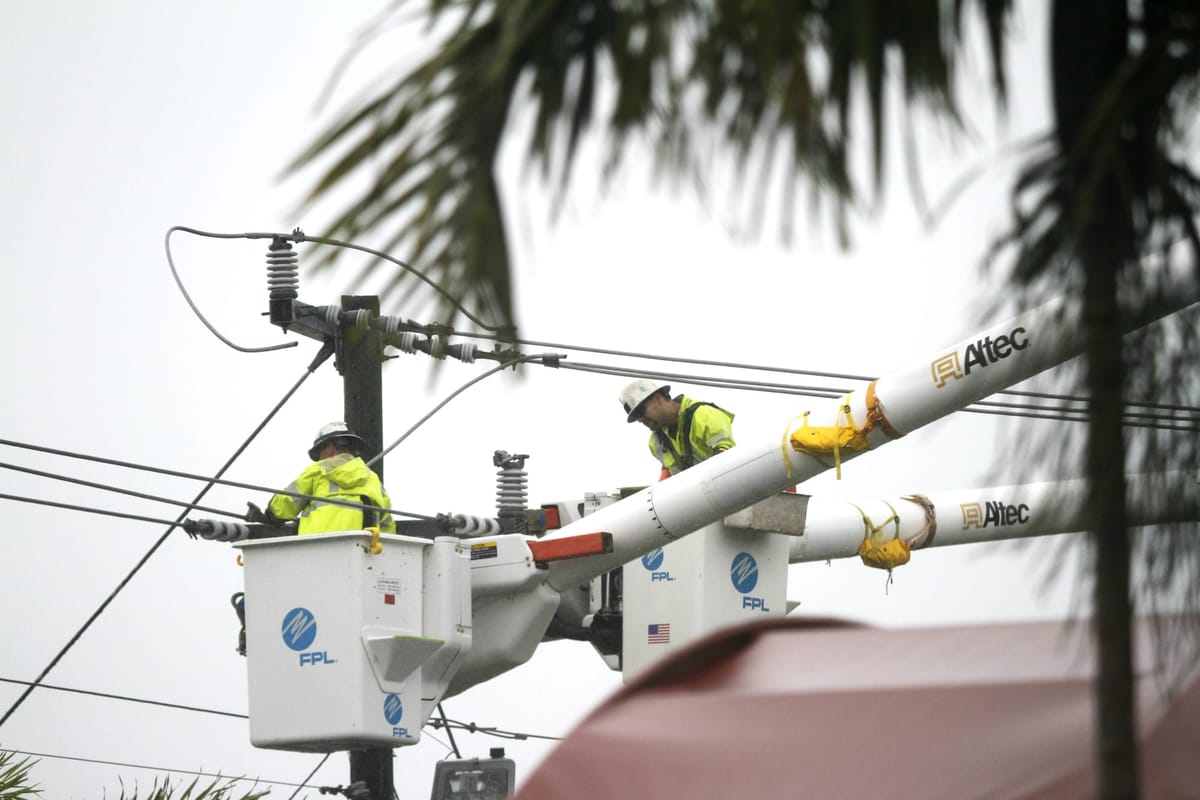Floodlight, Capital B honored for coverage of utility influence on civil rights movement

Floodlight and its reporting partner, Capital B, have won first place honors from the National Association of Black Journalists (NABJ) for a 2024 story revealing the often-hidden effort by utilities to curry favor with civil rights leaders in the Southeast.
The joint investigation by Floodlight reporters Mario Alejandro Ariza and Kristi E. Swartz and Capital B reporter Adam Mahoney found millions of dollars flowed from utilities to Black leaders and their groups since at least 2009.
In 2021, hundreds of pages of leaked internal documents from a secretive consulting firm were sent anonymously to Florida-based journalists, including Floodlight’s Ariza. The records were the basis for multiple investigative stories over several years revealing how power companies that hired the consulting firm slowed the move toward clean energy, paid digital news outlets for favorable coverage and meddled in state and national politics to boost their bottom lines.
In 2023, Ariza began probing a curious thread running through the records: millions of dollars in donations flowing from utilities to civil-rights leaders and groups.
To investigate the phenomenon, Ariza assembled a reporting team including fellow Floodlight reporter Swartz and Mahoney of Capital B, a nonprofit news outlet that produces in-depth journalism on topics of crucial importance to Black people across the country. The reporting team found that more than two dozen Black civil-rights leaders in the Southeast had been high-value targets in power companies’ battle for public acceptance and market dominance — courted and at times even co-opted by the industry.
The story showed the perverse nature of this influence campaign, which exploited the financial vulnerability of civil-rights groups while often working against the best interests of poor people and people of color.
The Floodlight/Capital B team found that leaders and groups funded by the utilities pushed against rooftop solar in North Carolina, advocated the corporate takeover of a small municipal utility in Florida and fought government oversight in Alabama that could have lowered electric bills and restricted pollution from coal-burning power plants. In one example, Georgia Power bought influence by propping up the cash-strapped Southern Christian Leadership Conference.
The reporting was difficult, with payments from the utilities often funneled through nonprofits, LLCs and consultants to obscure their source. The story was co-published by Floodlight and Capital B and republished by The Guardian and Grist.
The Rev. Michael Malcom, executive director of the environmental justice organization Alabama Interfaith Power & Light in Birmingham, told the reporters that some civil rights and faith leaders “will sell you out because they’ll sell anything — they’ll sell sea water. “
But, he added, “there are others who are earnest and trying to survive … and it causes them to make some bad decisions. And there is a whole ‘nother group that is just ignorant to the idea (of environmental justice) and will sell you out due to that ignorance.”
Floodlight Editor-in-chief Dee J. Hall said the reporting was difficult but showed the power of collaboration in investigative journalism. She noted that the story fell solidly within Floodlight’s mission of investigating the powers that are stalling climate action.
“We are so grateful for the partnership with Capital B that allowed us to probe this nuanced and important topic in such an impactful way,” Hall said.
Floodlight is a nonprofit newsroom that investigates the powers stalling climate action.
